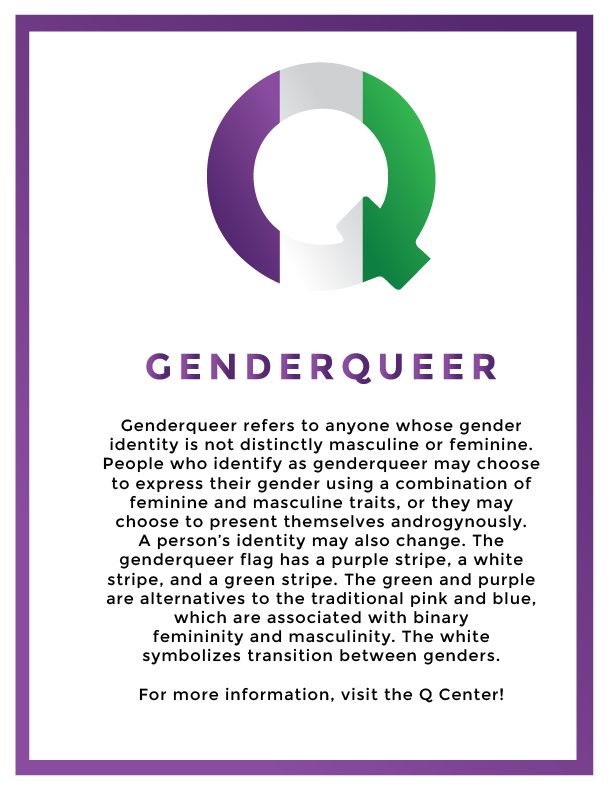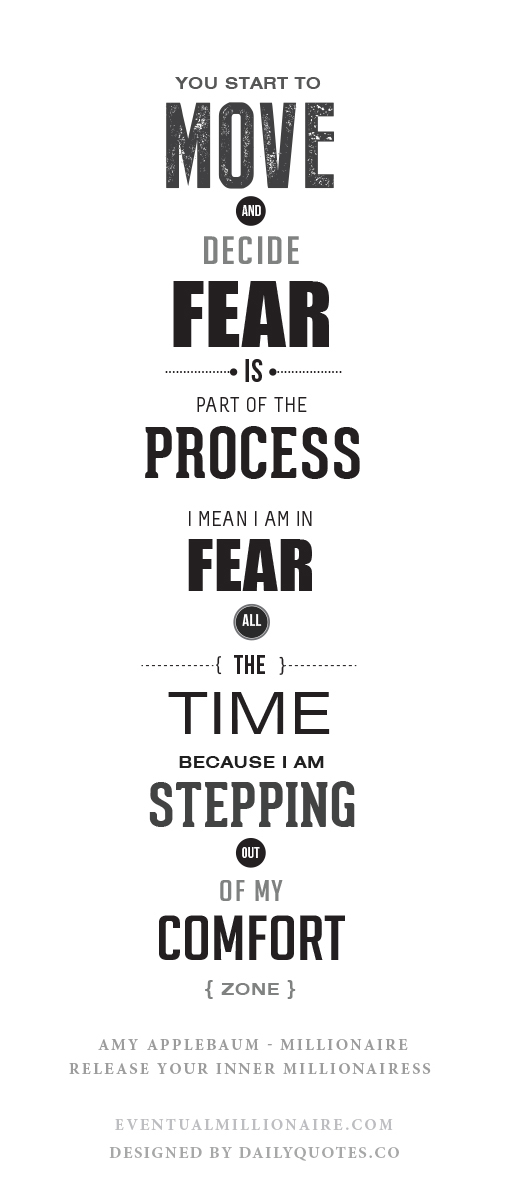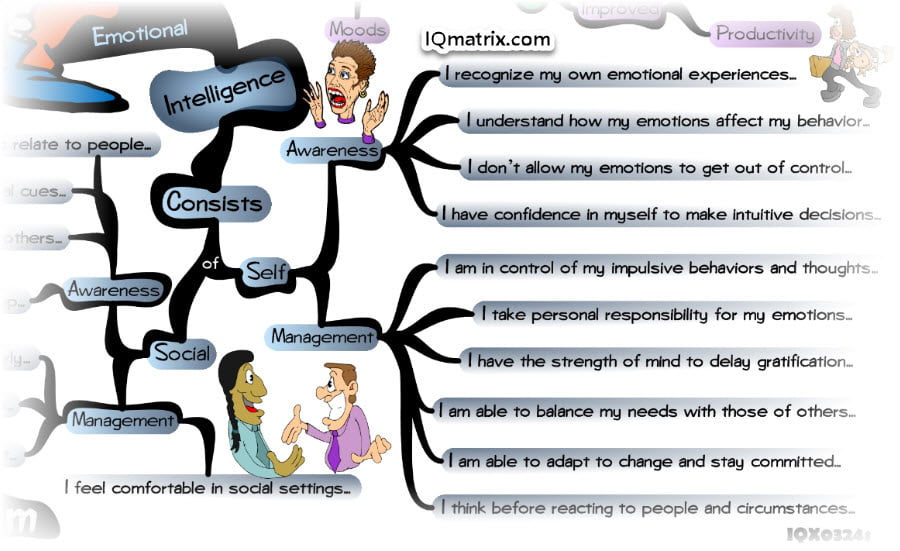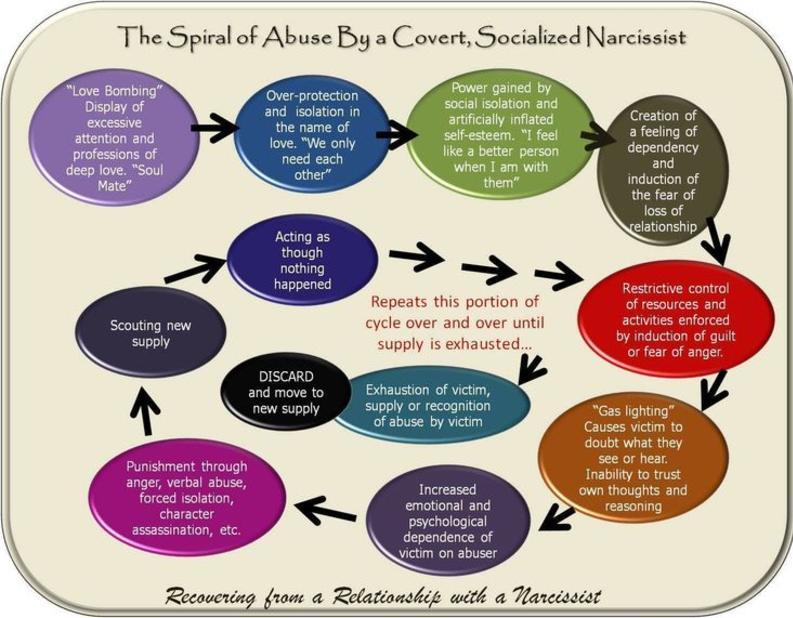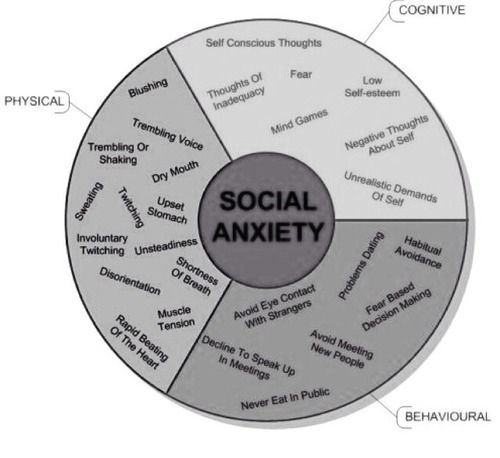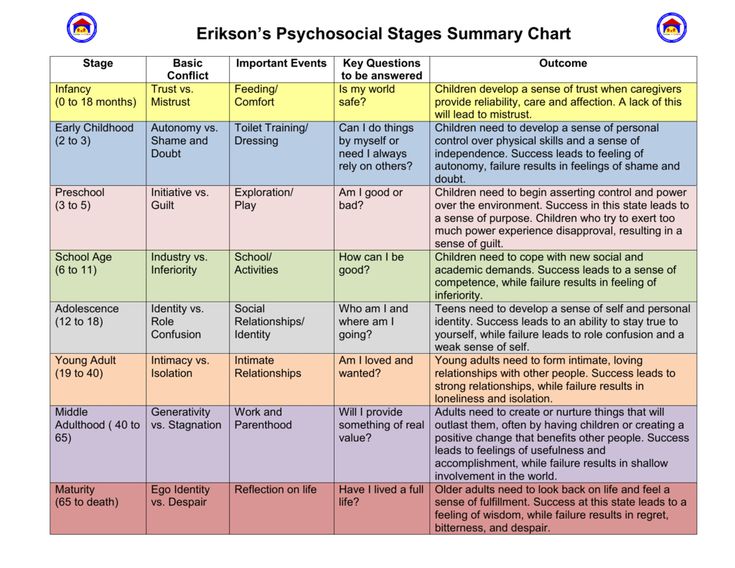How to deal with toxic people at work
How to Manage Toxic People at Work
You know the kind. They’re the office bullies who “accuse, threaten, annoy, pester, shame, raise their voices, shake their fists and sometimes even get physically pushy.” Or they’re the tantrum throwers, the too-demanding bosses, the micromanagers, the passive aggressive co-workers or the underminers – the list goes on.
If you’re dealing with a toxic person at work, you’re not alone: according to a study by leadership development consultancy, Fierce Inc., four out of five employees work or have worked with a colleague who could be considered toxic to the work environment. All too often, this behavior is tolerated. Only 40% of bosses say they would eliminate a toxic team member, versus 88% of employees who would.
Management, however, should be paying close attention. Sigal Barsade is a professor at the University of Pennsylvania’s Wharton School, and a notable researcher in the area of emotional contagion. In her research, she’s found that groups catch emotions, and that one member’s bad or good mood infects the rest of the group in significant ways. Even further, groups develop common emotions, called group affect. That means one toxic apple can spoil the whole barrel. For a visual overview of this research, check out this thought-provoking video.
Toxic people are very real obstacles to a productive and healthy work environment. They can contaminate and even change the mood of an entire team. But what do you do? Do you ignore them? Do you confront them? How can you possibly alleviate their toxic behavior if management turns a blind eye?
Here are some strategies to consider.
Don’t get sucked into the drama.
Another person’s toxicity is not about you – it’s about them. It’s not worth your energy to fret about what you did or why they’re picking on you personally. That just enhances their power over you.
As Larry Kim writes in Inc., you have to get emotional distance from toxic people. “Stop giving toxic people your head space. This is incredibly difficult, but you end up sabotaging your efforts if you’re obsessing over what someone else is doing, or what he or she might do next.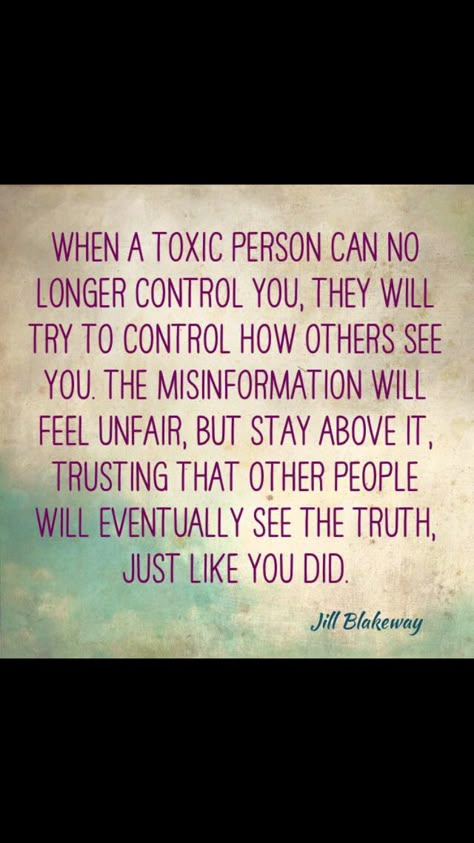 You overthink your decisions and consider their feedback before it’s even been offered (or thrust upon you).”
You overthink your decisions and consider their feedback before it’s even been offered (or thrust upon you).”
Take a break, laugh with a trusted colleague, or try to get a few steps removed. Don’t get emotionally involved in their drama; it’s not worth losing your cool over.
Lean into the crazy.
To clarify, by “crazy,” psychiatrist and crisis counselor, Mark Goulston, author of Talking to Crazy: How to Deal with the Irrational and Impossible People in Your Life, means irrational, not mentally ill. And that’s generally the situation with toxic people at work.
Toxic people, whether your manager, employee, or coworker, act irrationally because they believe it helps them accomplish a goal. Goulston argues that irrational people “often approach situations this way because they feel this is the way for them to get their point or to get out of a situation where they might be blamed for something…to them it’s not irrational. They believe that if they can either manipulate someone or overwhelm them that the other person is not going to ask them to do something they don’t want to do or is not going to hold them accountable. ”
”
But how do you deal with this irrational behavior? By leaning in, so to speak, and figuring out what’s making them act that way. Goulston continues, “If you can realize that there is something underneath the way they’re behaving, if instead of reacting to them… hold a little bit of yourself back…let them finish – and then pause, and lean into what they’re saying and [ask] with a proper tone, a tone of inquiry wanting to hear more.” If they feel like you’re generally concerned about what’s going on, they will likely open up to you.
Goulston calls this listening into the eye of the hurricane. In other words, amidst the storm, you have to seek out the core message that they are trying to convey. This can be especially helpful when trying to get through to toxic people that you manage.
Engaging in a dialogue with the person and listening to what is really bothering them is a great way to get at the heart of their toxicity, so you can confront it at the source. As Goulston aptly puts it, “Inside most people that are not dyed in the wool dysfunctional, there is a desire to get better results.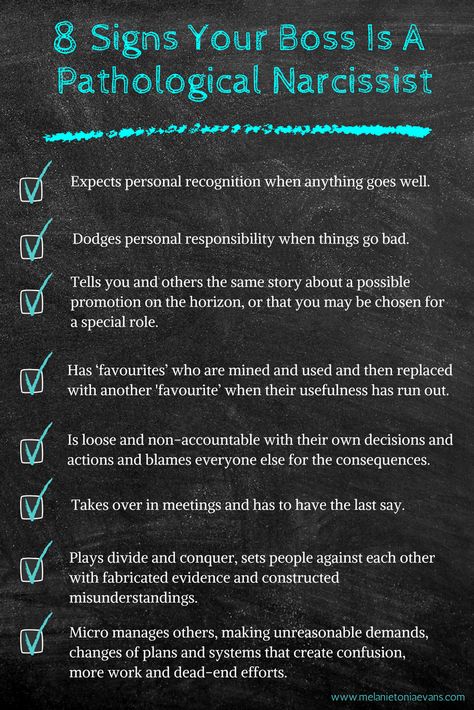 ” If you can tap into that desire, you have a chance of avoiding much of the toxicity.
” If you can tap into that desire, you have a chance of avoiding much of the toxicity.
Establish clear boundaries.
At some point, you have to decide what you will and won’t put up with. This is best to do with a cool head, when you can be your most logical.
If your colleague points fingers every time there’s an issue, push back. If a co-worker is constantly complaining, redirect them to finding solutions.
According to Dr. Travis Bradberry, co-author of Emotional Intelligence 2.0, drawing a line, with complainers in particular, is crucial. He writes, “If the complainer were smoking, would you sit there all afternoon inhaling the second-hand smoke? You’d distance yourself, and you should do the same with complainers. A great way to set limits is to ask complainers how they intend to fix the problem. They will either quiet down or redirect the conversation in a productive direction.”
If all else fails, escalate the issue – but go in with a case.
It’s generally preferable to deal with a toxic colleague on your own before going above their head, but sometimes you don’t have a choice. If your feedback hasn’t helped or the person is causing significant damage, then escalate the issue. If you’re the boss, then bring in HR.
Focus on how the company is negatively affected by this person’s behavior; don’t simply express that he or she is difficult as that is unlikely to invoke change. Prepare yourself with talking points about how this person is hurting productivity, and bring in specific examples with as much corroborating evidence as you can.
Make a clear case for the deleterious effect that sustained toxic behavior can have in the workplace. If left unchecked, morale of an entire team can be damaged – or even irrevocably changed.
Kristi Hedges is a leadership coach, speaker and author of The Inspiration Code and The Power of Presence. Find her @kristihedges.
« The Best Way to Listen
Quit your Job and Boost your Reputation »
12 Ways Successful People Deal With Toxic People
Toxic people defy logic. Some are blissfully unaware of the negative impact that they have on those around them, and others seem to derive satisfaction from creating chaos and pushing other people’s buttons. Either way, they create unnecessary complexity, strife, and, worst of all, stress.
Some are blissfully unaware of the negative impact that they have on those around them, and others seem to derive satisfaction from creating chaos and pushing other people’s buttons. Either way, they create unnecessary complexity, strife, and, worst of all, stress.
Studies have long shown that stress can have a lasting, negative impact on the brain. Exposure to even a few days of stress compromises the effectiveness of neurons in the hippocampus—an important brain area responsible for reasoning and memory. Weeks of stress cause reversible damage to neuronal dendrites (the small “arms” that brain cells use to communicate with each other), and months of stress can permanently destroy neurons. Stress is a formidable threat to your success—when stress gets out of control, your brain and your performance suffer.
Most sources of stress at work are easy to identify. If your nonprofit is working to land a grant that your organization needs to function, you’re bound to feel stress and likely know how to manage it. It’s the unexpected sources of stress, those that take you by surprise, that harm you the most.
It’s the unexpected sources of stress, those that take you by surprise, that harm you the most.
Recent research from the Department of Biological and Clinical Psychology at Friedrich Schiller University in Germany found that exposure to stimuli that cause strong negative emotions—the same kind of exposure you get when dealing with toxic people—caused subjects’ brains to have a massive stress response. Whether it’s their negativity, cruelty, the victim syndrome, or just plain craziness, toxic people drive your brain into a stressed-out state that should be avoided at all costs.
The ability to manage your emotions and remain calm under pressure has a direct link to your performance. TalentSmart has conducted research with more than a million people, and we’ve found that 90% of top performers are skilled at managing their emotions in times of stress in order to remain calm and in control. One of their greatest gifts is the ability to neutralize toxic people. Top performers have well-honed coping strategies that they employ to keep toxic people at bay.
To deal with toxic people effectively, you need an approach that enables you, across the board, to control what you can and eliminate what you can’t. The important thing to remember is that you are in control of far more than you realize.
While I’ve run across numerous effective strategies that successful people employ when dealing with toxic people, what follows are 12 of the best.
1. They Set Limits (Especially With Complainers)
Complainers and negative people are bad news because they wallow in their problems and fail to focus on solutions. They want people to join their pity party so that they can feel better about themselves. People often feel pressure to listen to complainers because they don’t want to be seen as callous or rude, but there’s a fine line between lending a sympathetic ear and getting sucked into a negative emotional spiral.
You can avoid this only by setting limits and distancing yourself when necessary. Think of it this way: If the complainer were smoking, would you sit there all afternoon inhaling the second-hand smoke? You’d distance yourself, and you should do the same with complainers. A great way to set limits is to ask complainers how they intend to fix the problem. They will either quiet down or redirect the conversation in a productive direction.
A great way to set limits is to ask complainers how they intend to fix the problem. They will either quiet down or redirect the conversation in a productive direction.
2. They Don’t Die in the Fight
Successful people know how important it is to live to fight another day, especially when your foe is a toxic individual. In conflict, unchecked emotion makes you dig your heels in and fight the kind of battle that can leave you severely damaged. When you read and respond to your emotions, you’re able to choose your battles wisely and stand your ground only when the time is right.
3. They Rise Above
Toxic people drive you crazy because their behavior is so irrational. Make no mistake about it—their behavior truly goes against reason. So why do you allow yourself to respond to them emotionally and get sucked into the mix?
The more irrational and off-base someone is, the easier it should be for you to remove yourself from his or her traps. Quit trying to beat toxic people at their own game. Distance yourself from them emotionally and interact with them as if they were a science project (or you were their shrink, if you prefer the analogy). You don’t need to respond to the emotional chaos, but only to the facts.
Distance yourself from them emotionally and interact with them as if they were a science project (or you were their shrink, if you prefer the analogy). You don’t need to respond to the emotional chaos, but only to the facts.
4. They Stay Aware of Their Emotions
Maintaining an emotional distance requires awareness. You can’t stop someone from pushing your buttons if you don’t recognize when it’s happening. Sometimes you’ll find yourself in situations where you’ll need to regroup and choose the best way forward. This is fine and you shouldn’t be afraid to buy yourself some time to do so.
Think of it this way: If a mentally unstable person approaches you on the street and tells you he’s John F. Kennedy, you’re unlikely to set him straight. When you find yourself with a co-worker who is engaged in similarly derailed thinking, sometimes it’s best to just smile and nod. If you’re going to have to straighten him out, it’s better to give yourself some time to plan the best way to go about it.
5. They Establish Boundaries
This is the area where most people tend to sell themselves short. They feel like because they work or live with someone, they have no way to control the chaos. This couldn’t be further from the truth. Once you’ve found your way to rise above a person, you’ll begin to find his or her behavior more predictable and easier to understand. This will equip you to think rationally about when and where you have to put up with toxic people and when you don’t. For example, even if you work with someone closely on a project team, that doesn’t mean that you need to have the same level of one-on-one interaction with this person that you have with other team members.
You can establish a boundary, but you’ll have to do so consciously and proactively. If you let things happen naturally, you are bound to find yourself constantly embroiled in difficult conversations. If you set boundaries and decide when and where you’ll engage a difficult person, you can control much of the chaos. The only trick is to stick to your guns and keep boundaries in place when the person tries to encroach upon them, which will inevitably happen.
The only trick is to stick to your guns and keep boundaries in place when the person tries to encroach upon them, which will inevitably happen.
6. They Won’t Let
Anyone Limit Their JoyWhen your sense of pleasure and satisfaction are derived from the opinions of other people, you are no longer the master of your own happiness. When emotionally intelligent people feel good about something that they’ve done, they won’t let anyone’s opinions or snide remarks take that away from them.
While it’s impossible to turn off your reactions to what others think of you, you don’t have to compare yourself to others, and you can always take people’s opinions with a grain of salt. That way, no matter what toxic people are thinking or doing, your self-worth comes from within. Regardless of what people think of you at any particular moment, one thing is certain—you’re never as good or as bad as they say you are.
7. They Don’t Focus on Problems—Only Solutions
Where you focus your attention determines your emotional state. When you fixate on the problems you’re facing, you create and prolong negative emotions and stress. When you focus on actions to better yourself and your circumstances, you create a sense of personal efficacy that produces positive emotions and reduces stress.
When you fixate on the problems you’re facing, you create and prolong negative emotions and stress. When you focus on actions to better yourself and your circumstances, you create a sense of personal efficacy that produces positive emotions and reduces stress.
When it comes to toxic people, fixating on how crazy and difficult they are gives them power over you. Quit thinking about how troubling your difficult person is, and focus instead on how you’re going to go about handling him. This makes you more effective by putting you in control, and it will reduce the amount of stress you experience when interacting with him.
8. They Don’t Forget
Emotionally intelligent people are quick to forgive, but that doesn’t mean they forget. Forgiveness requires letting go of what’s happened so that you can move on. It doesn’t mean you’ll give a wrongdoer another chance. Successful people are unwilling to be bogged down unnecessarily by others’ mistakes, so they let them go quickly and are assertive in protecting themselves from future harm.
9. They Squash Negative Self-talk
Sometimes you absorb the negativity of other people. There’s nothing wrong with feeling bad about how someone is treating you, but your self-talk (the thoughts you have about your feelings) can either intensify the negativity or help you move past it. Negative self-talk is unrealistic, unnecessary, and self-defeating. It sends you into a downward emotional spiral that is difficult to pull out of. You should avoid negative self-talk at all costs.
10. They Limit Their Caffeine Intake
Drinking caffeine triggers the release of adrenaline. Adrenaline is the source of the fight-or-flight response, a survival mechanism that forces you to stand up and fight or run for the hills when faced with a threat. The fight-or-flight mechanism sidesteps rational thinking in favor of a faster response. This is great when a bear is chasing you, but not so great when you’re surprised in the hallway by an angry co-worker.
11. They Get Some Sleep
I’ve beaten this one to death over the years and can’t say enough about the importance of sleep to increasing your emotional intelligence and managing your stress levels.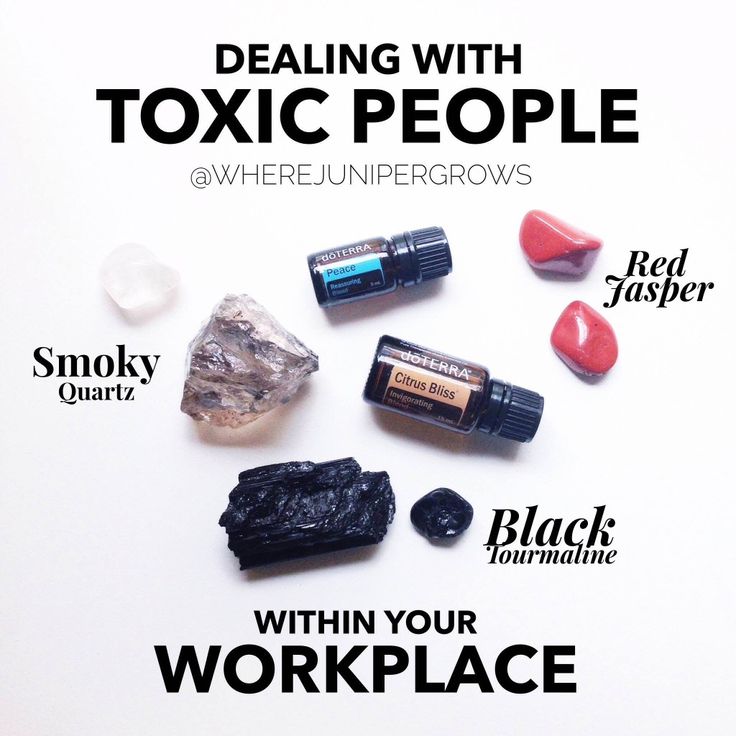 When you sleep, your brain literally recharges, shuffling through the day’s memories and storing or discarding them (which causes dreams), so that you wake up alert and clear-headed. Your self-control, attention, and memory are all reduced when you don’t get enough—or the right kind—of sleep. Sleep deprivation raises stress hormone levels on its own, even without a stressor present.
When you sleep, your brain literally recharges, shuffling through the day’s memories and storing or discarding them (which causes dreams), so that you wake up alert and clear-headed. Your self-control, attention, and memory are all reduced when you don’t get enough—or the right kind—of sleep. Sleep deprivation raises stress hormone levels on its own, even without a stressor present.
A good night’s sleep makes you more positive, creative, and proactive in your approach to toxic people, giving you the perspective you need to deal effectively with them.
12. They Use Their Support System
It’s tempting, yet entirely ineffective, to attempt tackling everything by yourself. To deal with toxic people, you need to recognize the weaknesses in your approach to them. This means tapping into your support system to gain perspective on a challenging person. We all have someone at work and/or outside work who is on our team, rooting for us, and ready to help us make the best of a difficult situation. Identify these individuals in your life and make an effort to seek their insight and assistance when you need it. Something as simple as explaining the situation can lead to a new perspective. Most of the time, other people can see a solution that you can’t, because they are not as emotionally invested in the situation.
Identify these individuals in your life and make an effort to seek their insight and assistance when you need it. Something as simple as explaining the situation can lead to a new perspective. Most of the time, other people can see a solution that you can’t, because they are not as emotionally invested in the situation.
Bringing it All Together
Before you get this system to work brilliantly, you’re going to have to pass some tests. Most of the time, you will find yourself tested by touchy interactions with problem people. Thankfully, the plasticity of the brain allows it to mold and change as you practice new behaviors, even when you fail. Implementing these healthy, stress-relieving techniques for dealing with difficult people will train your brain to handle stress more effectively and decrease the likelihood of ill effects.
More From Inc.
- Sleep Deprivation Is Killing You and Your Career
- 5 Brand Disasters That Will Happen in 2015
- Stop Doing Social Media Wrong
Photo of toxic waste barrel courtesy of Shutterstock.
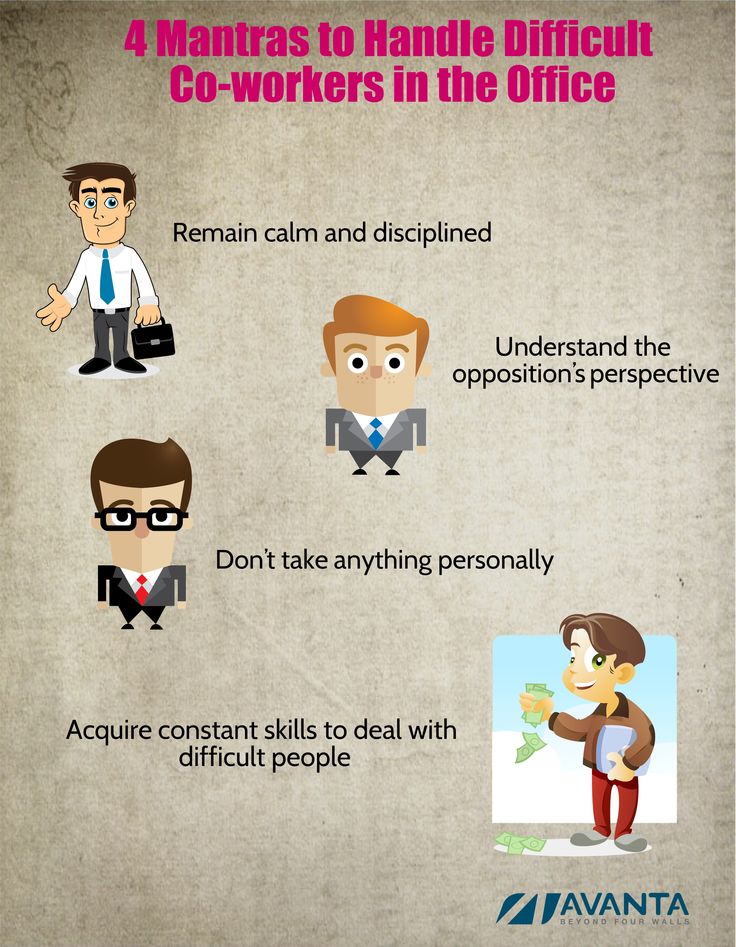
Toxic colleagues: how to communicate - advice from a psychologist
2) Do not encourage gossip and intrigue in the team.
3) When problems arise in the team, listen to the opinions of all parties, try to be objective in your decisions.
4) Tell new employees the company's development strategy, accepted values and corporate culture standards.
5) Periodically check the psychological climate in the team with the help of special studies that can be carried out by a psychologist or HR expert with a degree in psychology. nine0003
If you are an employee
1) If you are experiencing discomfort, try reporting the problem to a corporate psychologist or HR person.
2) You can always leave the company if you are not satisfied with the general destructive atmosphere.
Signs of a toxic team
1) A leader who broadcasts not entirely correct values or does not deal with issues of social interaction in the team.
2) Unhealthy socio-psychological climate in the team. nine0003
nine0003
3) High staff turnover.
4) Low labor productivity (a toxic team may be one of its causes, but not the main one).
If you are not ready to change jobs, then here are some important rules that will help you survive in a toxic team.
How to deal with toxic colleagues?
1) Set your boundaries . This is important when dealing with people in general and does not depend on the level of "toxicity". It is important to determine the issues on which you will interact, and the time at which it would be comfortable for both of you to communicate on work matters. Remember also about emotional boundaries - do not talk too much about your personal life. At first, this will be an annoying factor for such a colleague, but then he will get used to it and accept the rules of the game. nine0003
2) Do not get involved in arguments, swearing and other unpleasant situations that toxic people create around you. If there is a problem, it is necessary to look for ways to solve it, discarding the emotional component.
3) Separate work and private life . Don't bring work problems home - a toxic person doesn't deserve to take up your personal space. Switch to a conversation about something pleasant or your favorite hobby: call a friend, arrange a meeting with friends, plan a walk. nine0003
4) Take care of yourself. Take care of your health and time, do not forget about physical activity and do what you like, try different things. An active lifestyle helps keep not only the body, but also the spirit in good shape - a good mood has a positive effect on productivity and gives self-confidence.
5) Look for pluses. Interacting with a toxic colleague, you develop your communication skills, the ability to mark boundaries, to conflict correctly (yes, this is also an art - to have a difficult conversation and not slide into a quarrel). Also, a toxic person shows you exactly how not to behave. nine0003
Photo: Getty Images
how to negotiate with him and work effectively
Elena Timofeeva
Author of articles
Share
Fate sometimes throws up such colleagues who drive us into chronic stress. As a result, all mental and mental resources are directed towards self-preservation or conflict - and there is no time, energy and attention left for work.
As a result, all mental and mental resources are directed towards self-preservation or conflict - and there is no time, energy and attention left for work.
Toxic people get job satisfaction only if the workspace becomes an open battlefield or guerrilla warfare ground. Simply put, such a colleague lives by the principle of "scandals, intrigues, investigations." When they are not there, he himself creates a problem or provokes someone. Next to such a person, the rest of the employees feel like sappers in a minefield, and the best solution is immediate evacuation - to another company or at least on vacation. nine0003
How to recognize harassment and protect yourself
How to recognize a toxic colleague
The fashionable word “toxic” came to us from English and means ‘poisonous, capable of causing poisoning’. You can recognize such a subject precisely by sensations: after communicating with him, you feel as if you were poisoned by a small dose of poison - not fatal, but unpleasant.
Signs of a toxic colleague:
- takes credit for you; nine0079
- skillfully avoids responsibility for his mistakes, and also shifts it to others;
- avoids work in every possible way;
- behaves arrogantly or, conversely, too ingratiatingly;
- constantly boasts, lies and exaggerates, especially when it comes to his achievements, knowledge, skills and lifestyle;
- gossips about you or about other people in front of you;
- skillfully manipulates people, forcing them to agree with his opinion or do his work for him; nine0079
- constantly interrupts;
- criticizes "out of principle", and not for the good of the cause;
- complains so much and masterfully that the world around becomes blacker than the night.
How to communicate with a toxic colleague
We could write “How to deal with…”, but office everyday life is not a Russian folk tale in which good triumphs over evil and Zmey Gorynych is forced to flee far away. Office Gorynychs do not just adapt - many of them make successful careers. nine0073
Office Gorynychs do not just adapt - many of them make successful careers. nine0073
Usually, psychologists recommend avoiding toxic people or even completely refusing to communicate with them. But at work, this advice is hardly applicable, because you are forced to sit with colleagues at neighboring tables every day and stand in the same queue at the buffet.
In addition, depending on the actions and behavior of a toxic colleague, it is worth using different types of rebuff. For example, asking for clarifications and facts when a person is exaggerating, or outright refusing to continue the conversation if you know that the interlocutor is gossiping. nine0003
Remember that you have a choice
When you describe a situation negatively to yourself, you give up control over it. You decide how to feel and how to behave. Accept that you cannot control an unpleasant person, his words and actions. But do not let this subject spoil your day and mood, deprive you of the pleasure of working and communicating with people you are interested in.
How to behave if the boss is a fool
Take care of yourself
Associating with toxic people, both at work and outside of it, debilitates us. Physical exhaustion can lead to the fact that you will become worse at work, and mental exhaustion will badly affect your character and reputation. Therefore, it is important to take care of yourself: sleep enough, eat right, move more, meditate, do what you love in your free time.
Do not seek support
By trying to rally a team against such a person, you worsen an already unhealthy atmosphere in the department or company and become toxic yourself. nine0003
laugh it off
Remember this phrase and say it the next time a toxic colleague starts listing all his life and work problems again:
“Why are we whining and complaining all the time! Let's move on to the bright side."
For someone who likes to interrupt, suitable:
“If it goes on like this, I will completely forget how to finish words and formulate thoughts to the end.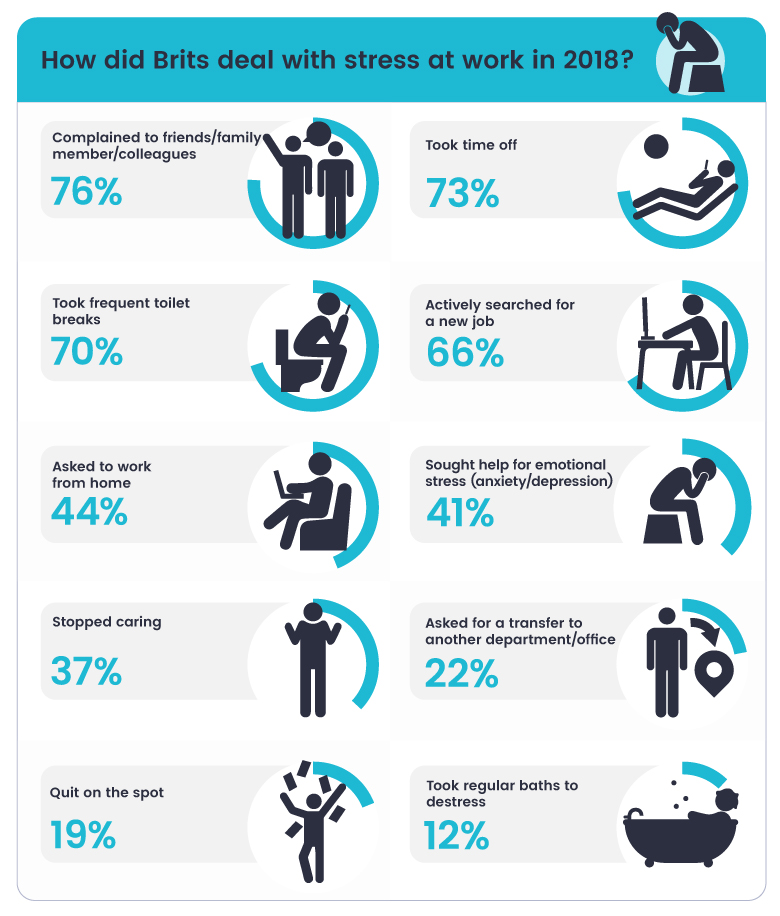 .. May I continue?” nine0073
.. May I continue?” nine0073
Humor is not appropriate in every situation, but it will help a lot if you are not ready for open conflict. Even if a toxic colleague is offended by your unwillingness to “melt the ice,” he will not be able to find fault with anything if you clearly indicate that you work at work (or simply demonstrate this with all your actions). nine0073
Speak briefly and to the point, you can even be silent in the presence of such a colleague when you do not need to resolve professional issues. If you have your own office, close the door in it. If you have your own table, put up a sign (“Do not disturb”, “Sorry, I'm very busy” or even “Don't come near - it will kill you”). Use headphones to avoid annoying conversations, even if you're not listening.
Don't put up with things that make you stressed
If you don't want to hear about someone's personal life, ask them not to talk about it. If you don't want to gossip, end the conversation right away if it turns into bone washing.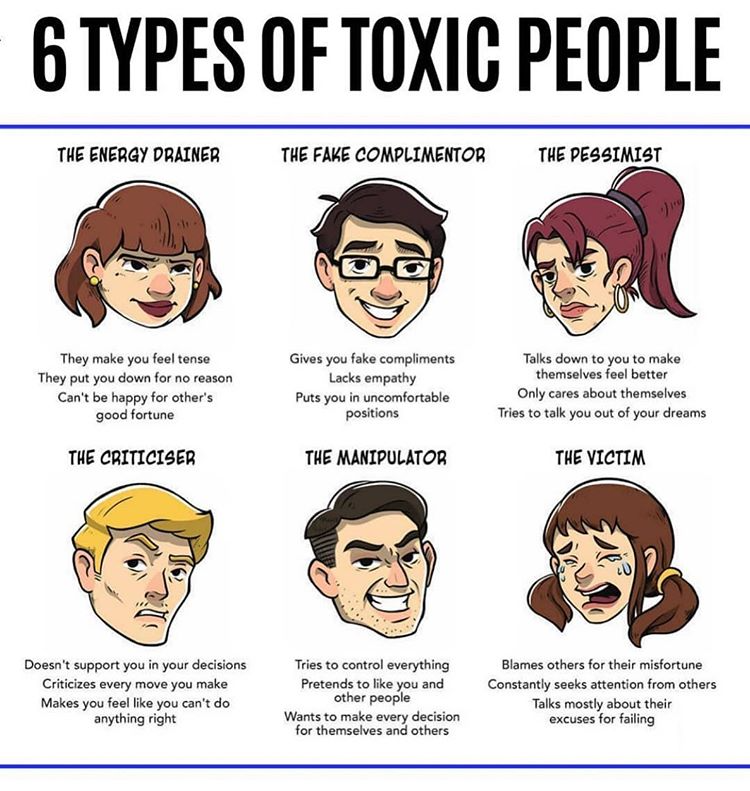 If you don’t want to listen to someone complain and whine, politely interrupt them, hiding behind business (Plan B: complain brighter and more persistently, because toxic whiners can’t stand competition).
If you don’t want to listen to someone complain and whine, politely interrupt them, hiding behind business (Plan B: complain brighter and more persistently, because toxic whiners can’t stand competition).
If a colleague has appropriated your ideas or achievements more than once or twice, discuss this issue with him or with your immediate superior. Build an argument, provide evidence, make sure you understand the person's intentions correctly. At first, he will most likely apologize, but later he may plunge a knife into the back, so be vigilant in the future. nine0003
Be your best
If a toxic colleague is a schemer, the only ethical, non-confrontational way to fight back is to excel at your job.
Why a toxic colleague is useful
It's not about how many millions a toxic employee can bring to the company or how many customers he can lure away from competitors. There are unexpected pluses for you personally.
- You develop the skills of diplomatic and tough negotiations.

